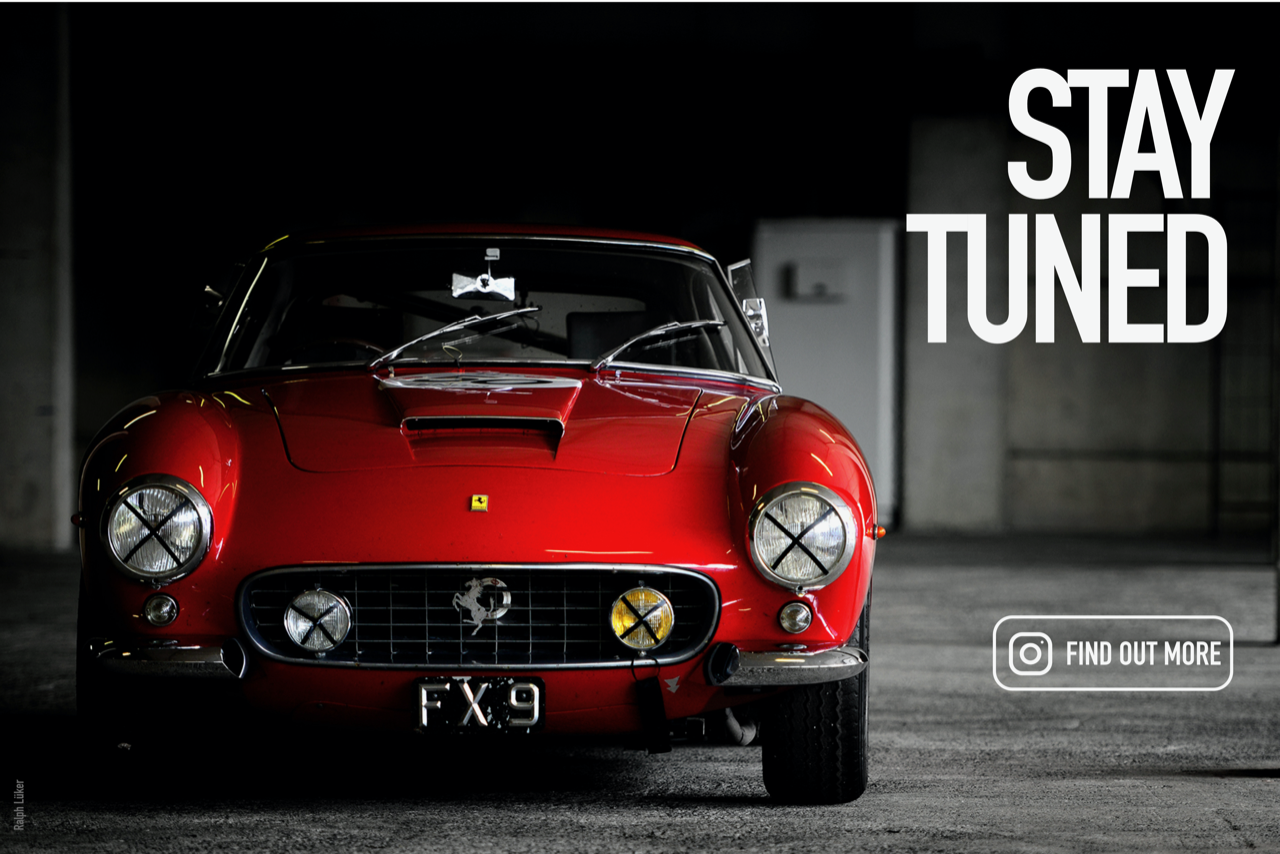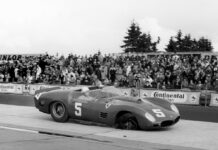I was the Chief Judge at one of the fastest growing, well respected, well run, and, honestly, fun concours in the nation—the Audrain Concours. It’s held every October in Newport, Rhode Island. I have been the only Chief Judge at the Audrain Concours, and worked the first and through the fifth events. We didn’t hold a Concours in the COVID times, but I was there for the substitute socially distanced driving event that was an absolute blast. Ultimately, I decided to stop being Chief Judge at Audrain. More about that later.
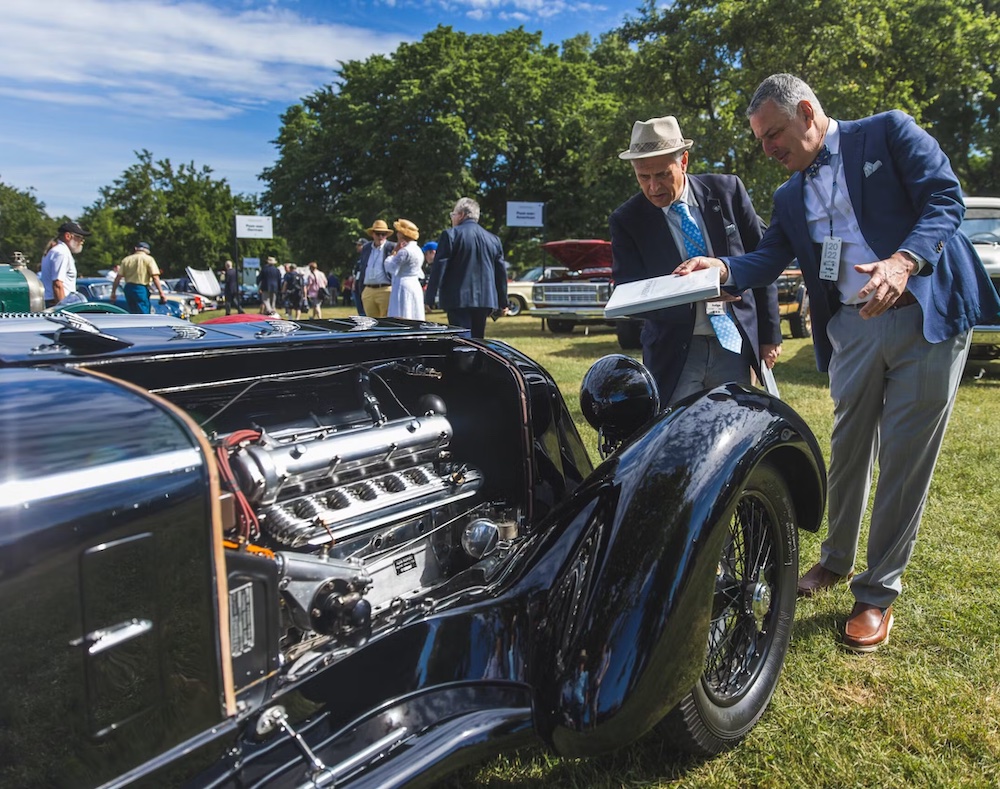
By any metric, our 2024 event was the best ever. We were blessed with great cars (with great owners, handlers, and representatives), a happy group of attendees and, importantly, great weather. That’s not always a given for any outdoor event, especially in New England. Our volunteer staff was awesome, as they have been for every year. The paid staff, including food service workers, bartenders, and many who work for businesses related to the Concours, were just fantastic.
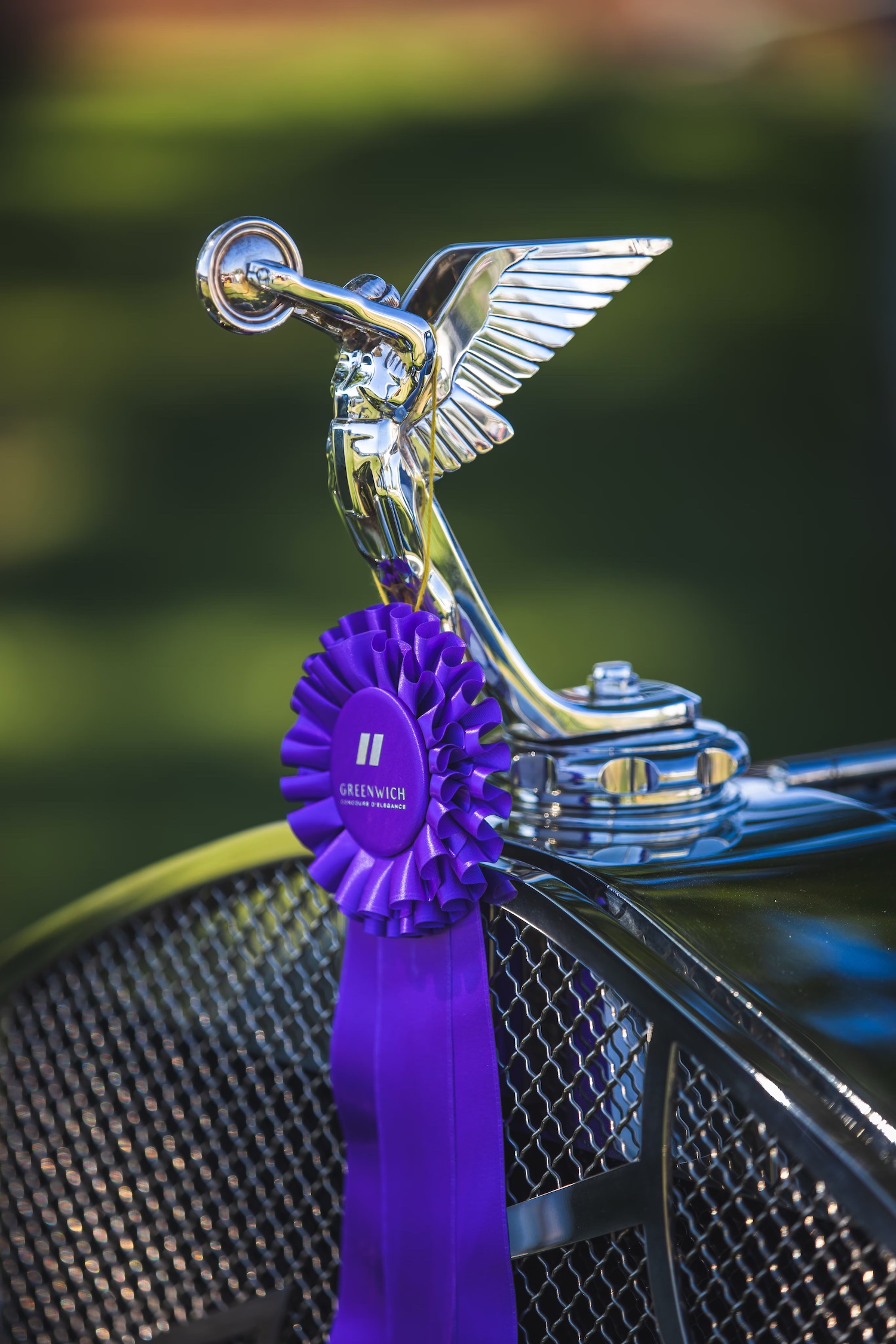
So, what is the Chief Judge’s job assignment, and what exactly do they have to do? Having worked with other concours before, I can tell you the job description depends on which event we’re talking about. Many Chief Judges are an integral part of the selection committee, the group of individuals who choose which car will be ultimately be on the field the day of the show. Some Chief Judges will also be involved with the selection of the classes that these cars will be placed in.
I would think that most Chief Judges will also be involved in the choice of who the other Judges are at the event. This part does take a bit of skill in execution, as different Judges often have completely different tastes and levels of expertise in automobiles, brands or eras. Putting together judging teams is also a paramount decision. I personally like to have younger judges mix with older ones. When possible, I also think that grouping judges with different working backgrounds together works well in making the right decisions. For example, putting a former automotive designer in the same class as a restoration specialist might make for a good mix.
Ultimately, the main “day of” job for the judge is to work with all the other Judges and to give instruction, last minute updates, and get everyone on the same page as to what the objective of their assignment is. Many people are not aware that different Concours events have wildly divergent rules. While one might focus on the nuts and bolts, and take points off if the horn fails to work, others focus on style and aesthetics, and don’t bother with the “State Inspection” side of the judging process. Often there is a mix of the above, a sometimes interesting amalgam that can, at some events, change from year to year.
What does the Chief Judge job pay? Often it is an unpaid position, as it was for me. Every Concours that I can think of has a charity component, and so, by extension, you are increasing the amount that will be going to help the amount that’s donated. You often do get an extra night or two at the host hotel, as it’s a good idea to have your Chief Judge there before the other judges arrive and stay a day after in case of any questions that come in after the day of the event. The basic rule seems to be that the more the Chief Judge is involved, the higher the likelihood of the position being a paid one. How much? Think honorarium, not getting rich.
So, for me, it wasn’t for the money. I didn’t ask for nor receive any. Was it for the perks? Definitely not. When others are sipping cocktails, quaffing brews, eating food, looking at great cars, talking to friends and mostly having fun, the Chief Judge is working behind the scenes. The other Judges will be dismissed from their duties after they submit their choices, but the Chief Judge is with the team compiling the results, getting the awards ready and making tough choices between cars that win class awards or any of the other awards available. All of that leads up to the final decision, helping to make the choice for Best of Show. Nevertheless, it’s great to be involved, great to have a voice, and just a very rewarding experience.
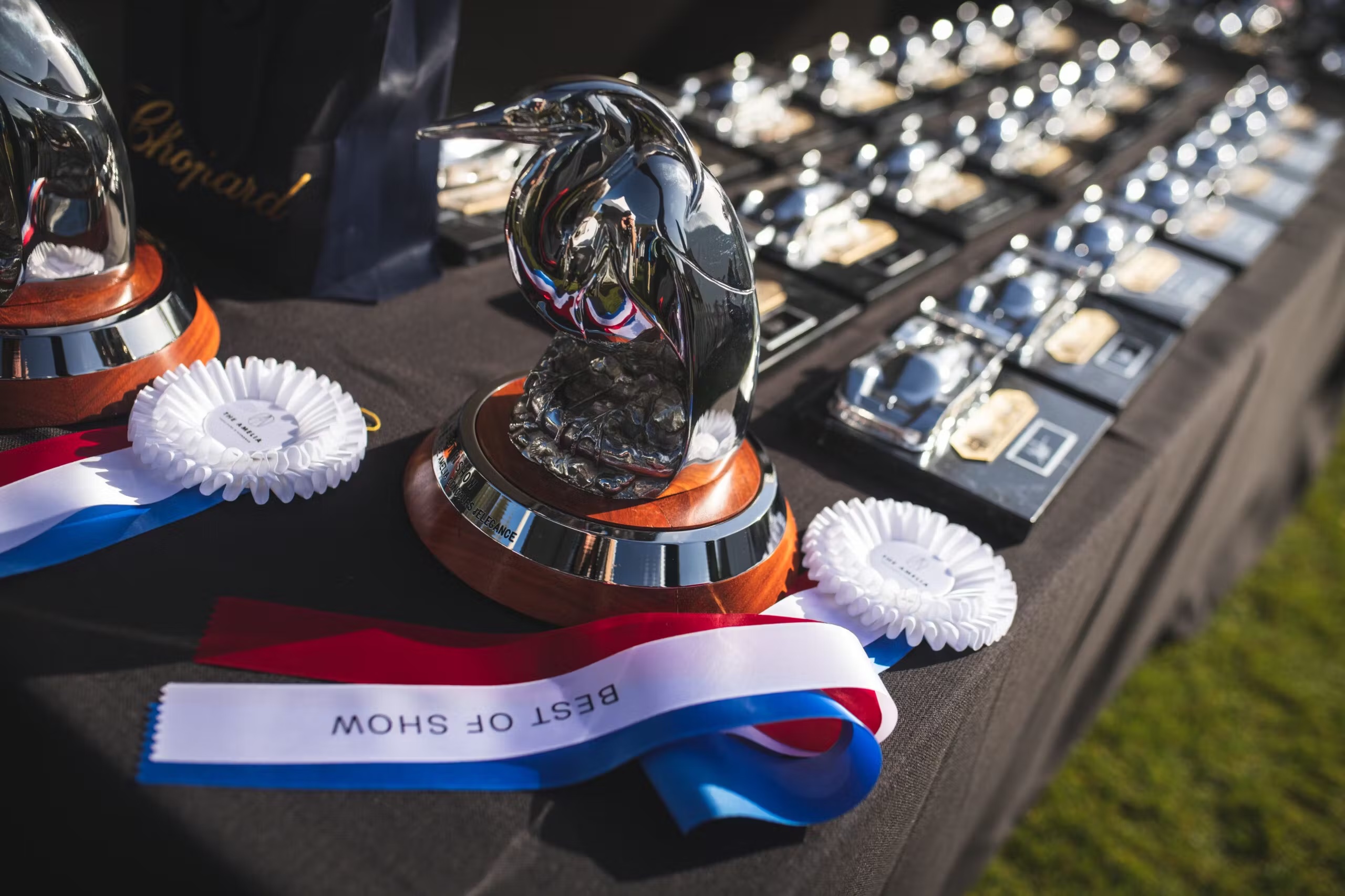
But I quit being a concours Chief Judge for one simple reason. Its time to let other, younger “car guys and gals” into the upper realms of concours judging. You see, I’m simply a believer that no job should be a job for decades, much less a job for life. Plus, the concours world is changing. It’s not just cars from the 1920s, 1930s and 1940s on the field anymore, and we will continue to see more of the great cars of the postwar era win some of the big prizes. This kind of change is not only inevitable, but also good. Those born in the 1970s, 1980s and beyond deserve to have a voice at all collector car events, including the ones at the top levels.
I quit to make room at the top for someone very well qualified, but born in the decade I graduated from college. I hope to be back for a few more years as a Judge, but not as Chief Judge. And when it is finally time to step back from that position I will gladly, and proudly, do so. I hope that perhaps some other judges read this and ask themselves why they continue to stay on. I mean, let’s face it. Someone has to be around the house more to yell at the kids to get off the lawn, right?
Report by Dave Kinney for hagerty.com

